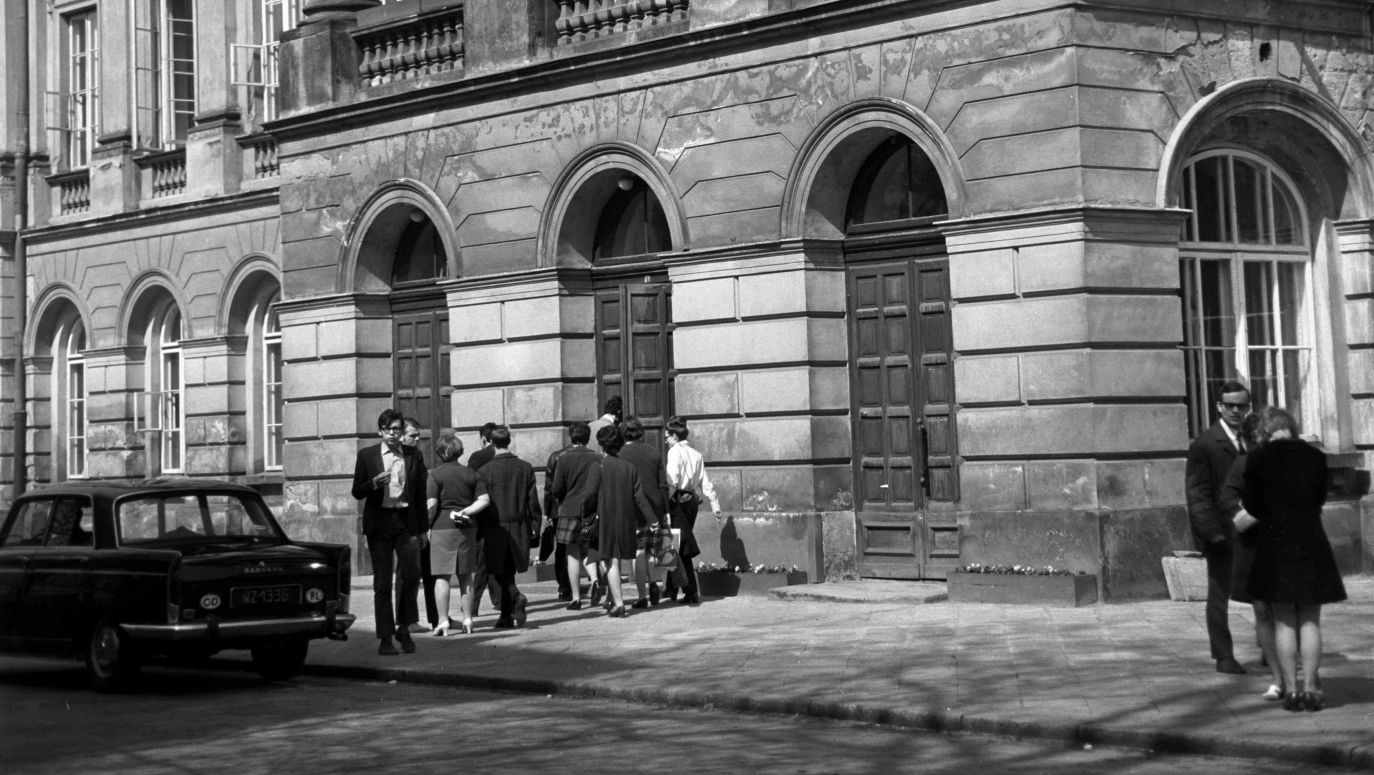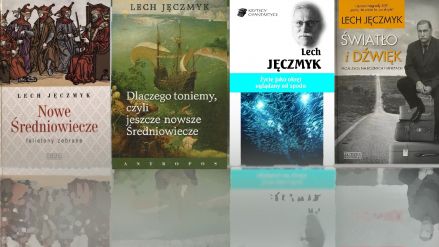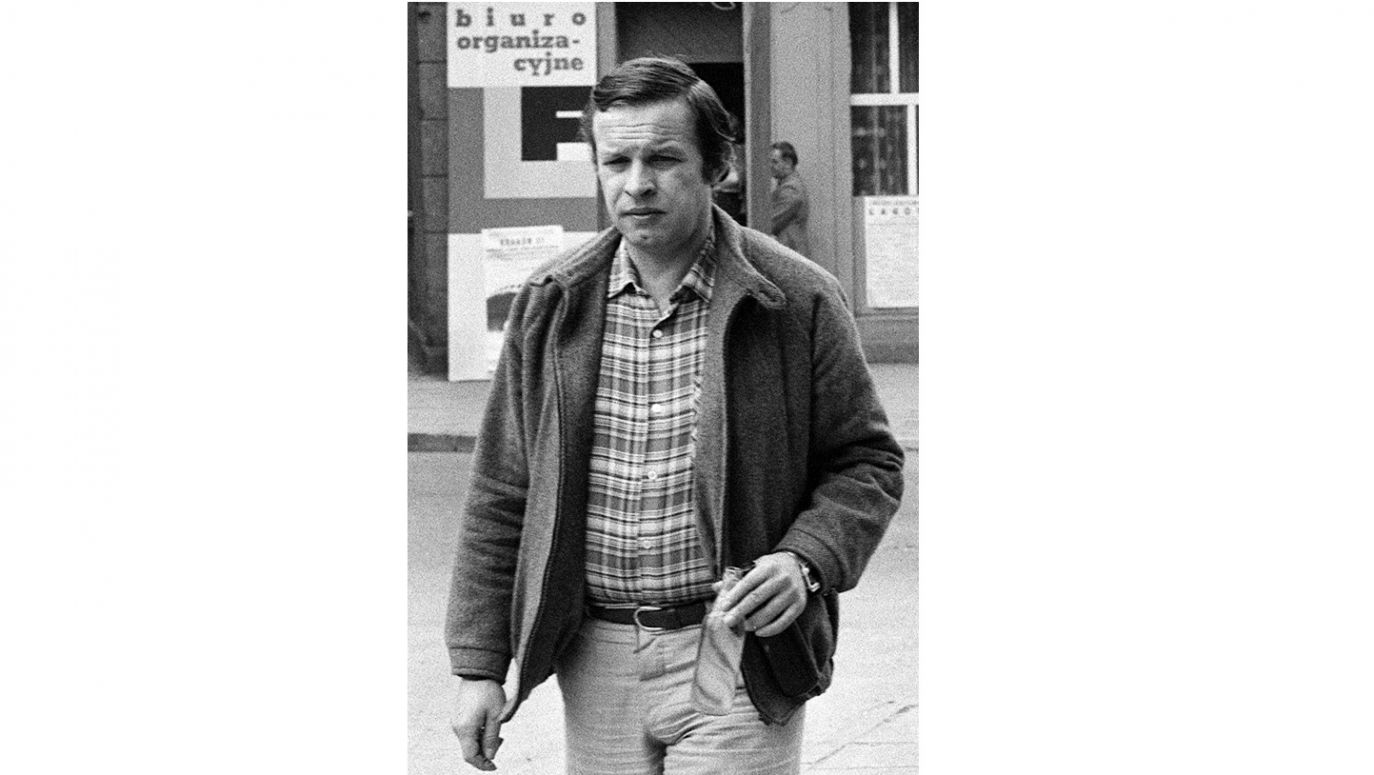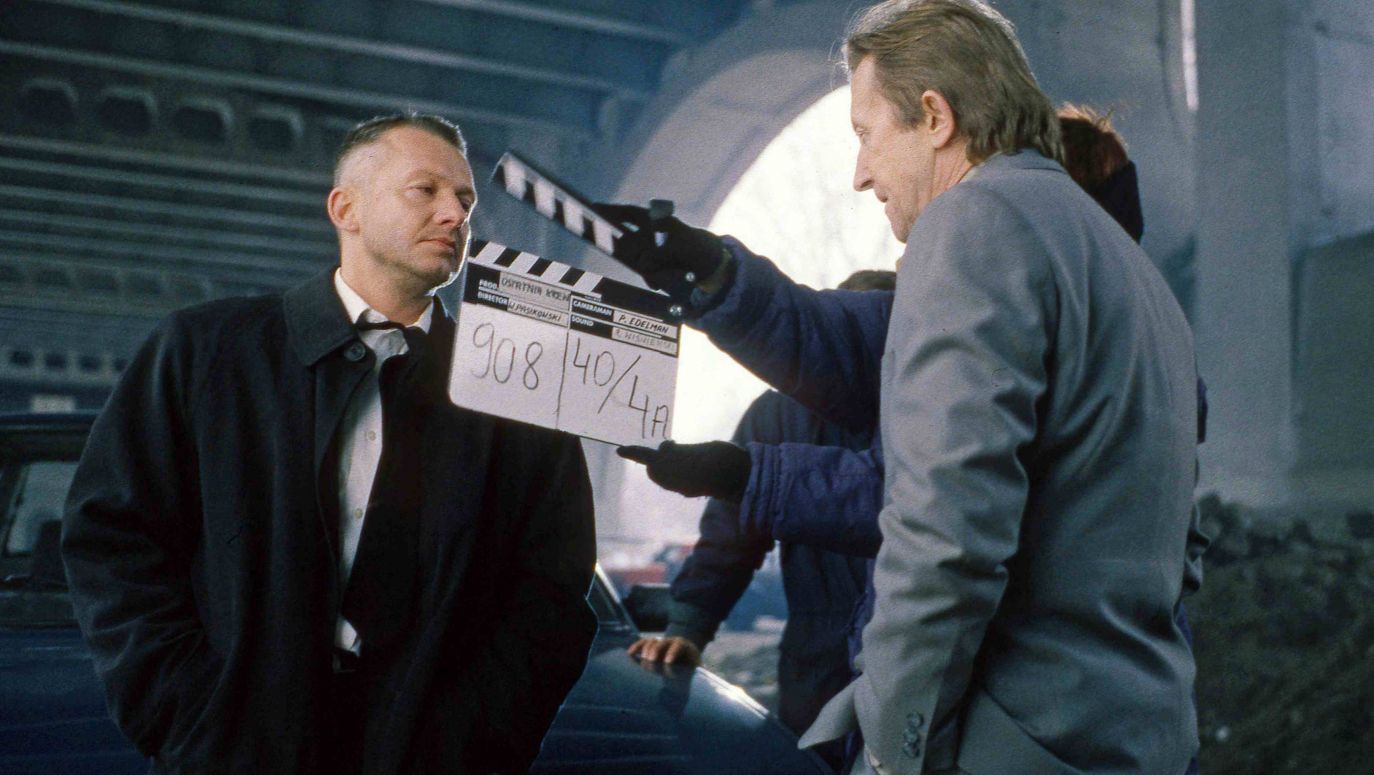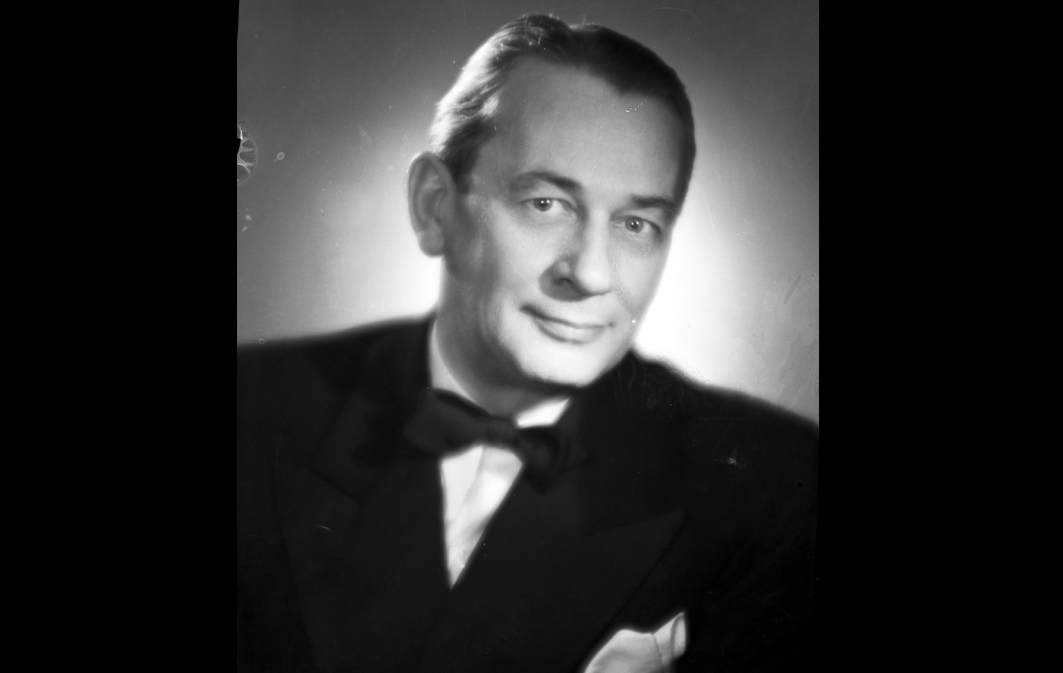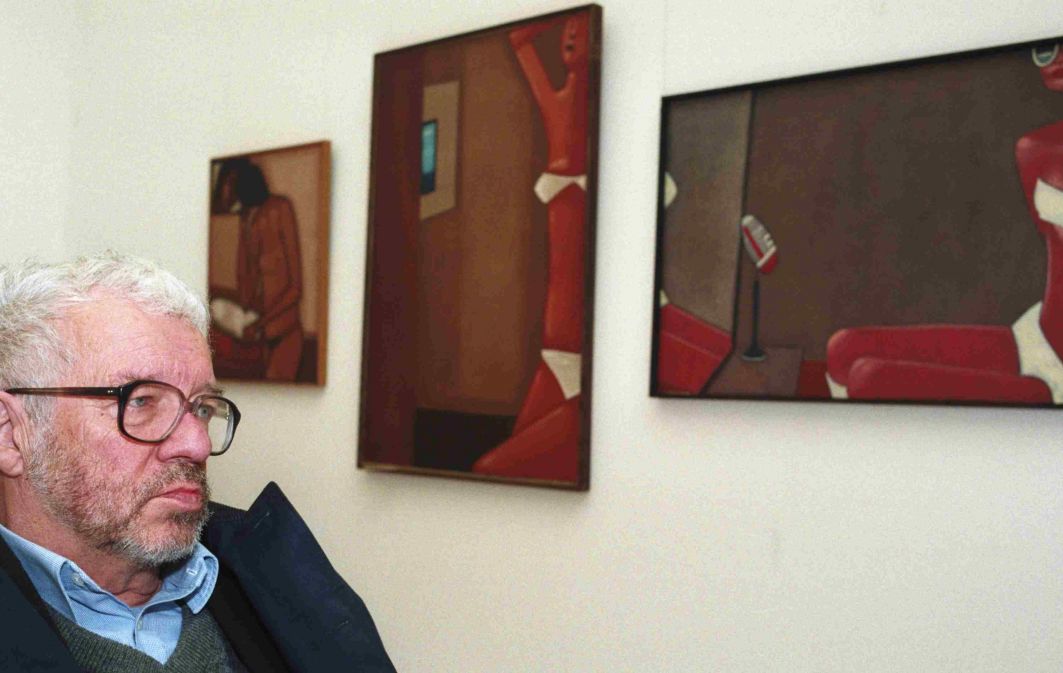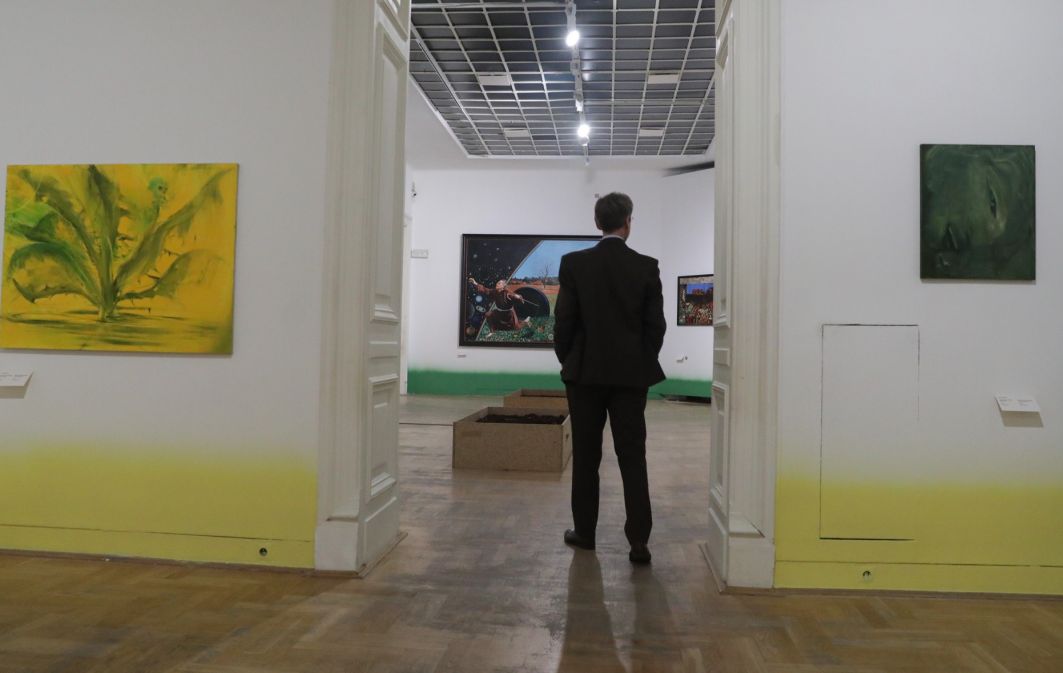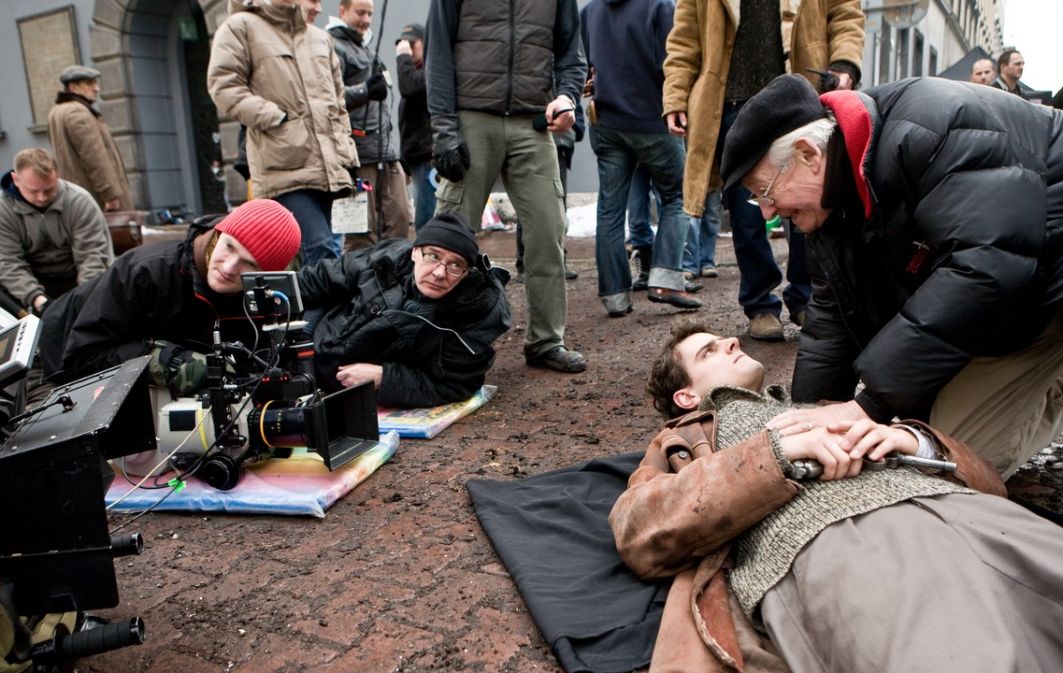Master of the short form. A penetrating, sensitive erudite man. Shy during public appearances, which might have been surprising, after all in the pages of periodicals or newspapers he did not spare his blunt assessments. "The greatest talent of Polish literary and film criticism". - Wacław Holewiński wrote about him.
However, Krzysztof Mirtrak's lifelong dream, as he is referred to, was to write a great novel - a dream interrupted by his sudden, untimely death, the 30th anniversary of which falls on Friday, 4 August.
"Mętrak had an incredible talent for writing, which he manifested from an early age", says Barbara Giza, PhD, a film expert from the Maria Curie-Skłodowska University in Lublin and the National Film Archive - Audiovisual Institute in Warsaw (FINA), co-author of the monograph 'Krzysztof Mętrak', from which we learn, among other things, that this wunderkind of literary and film criticism learned to read and write at the age of four.
But his great passion was also football. As a teenager he was a promising footballer. He played in the Polonia juniors and appeared in the team of Warsaw. And when he gave up active playing to pursue his studies, he nurtured his passion for football as a fan and columnist for the weekly magazine 'Piłka Nożna', where he ran a regular column entitled 'Warming the bench'.
 SIGN UP TO OUR PAGE
SIGN UP TO OUR PAGE

"I first became familiar with Krzysztof's football columns. I regularly read the weekly magazine 'Piłka Nożna'. I was, like Mętrak, a football nut," says Wacław Holewiński, prose writer, literary critic, publisher, democratic opposition activist in the People's Republic of Poland, and privately a friend of Krzysztof Mętrak.
Another of his friends, director Janusz Zaorski, wrote in the aforementioned monograph that "it is a kind of paradox that this sensitive, deeply educated, fragile intellectual was at the same time a strong, athletic man".
The miracle child of Polish literary criticism
He grew up in Muranów, so the Polonia stadium, which he supported, was almost under his nose. He came from an intellectual home. His father, Czesław Mętrak, was a professor at the Warsaw University of Life Sciences (SGGW).
"Krzysztof wrote in his diaries that his family home shaped his ethos, which is that a person is judged precisely by their intellect, and certainly not by their financial status," says PhD Giza. He regarded this ethos as an imperative that guided him throughout his creative path.
Mętrak had his first successes at a very young age. During his school years, he won Polish literature competitions; he also received an award for his matriculation paper. In 1962, when he passed his maturity exam, he debuted in "Życie Literackie" ("Literary Life") (he won a competition organised jointly by the weekly and the Ministry of Education), he also wrote for "Twórczość" ("Creativity").
"He was only 17 years old. It was incredible. I cannot recall another case like it. He was the miracle child of Polish criticism,' assesses Krzysztof Masłoń, publicist and literary critic.
At the age of 18, he started working with "Współczesność" ("Contemporary Times") and soon with "Kultura" (the Warsaw-based one) - in time, he would become the head of the literary criticism section of this magazine. In subsequent years, he would publish in many other titles, including "Literatura", "Tygodnik Kulturalny", "Film", "Kino", "Kulisy" ("The Globes") and the aforementioned "Piłka Nożna".
- "He wrote in a great many titles: about literature, film, football. To tell the truth, I associated him with everything and nothing," smiles Krzysztof Masłoń, talking about how he came into contact with Mętrak's work. In time - as early as in the 1980s - he would make a closer acquaintance with him ("for me, then a journalist with not much of an oeuvre, it was a great ennoblement").
Book Devourer
Meanwhile, Mętrak graduated in Polish Studies at the University of Warsaw. During his university years, he was president of the Warsaw Polish Studies Circle. In addition, at the age of 22, he became the second youngest member of the Polish Writers' Union (ZLP).
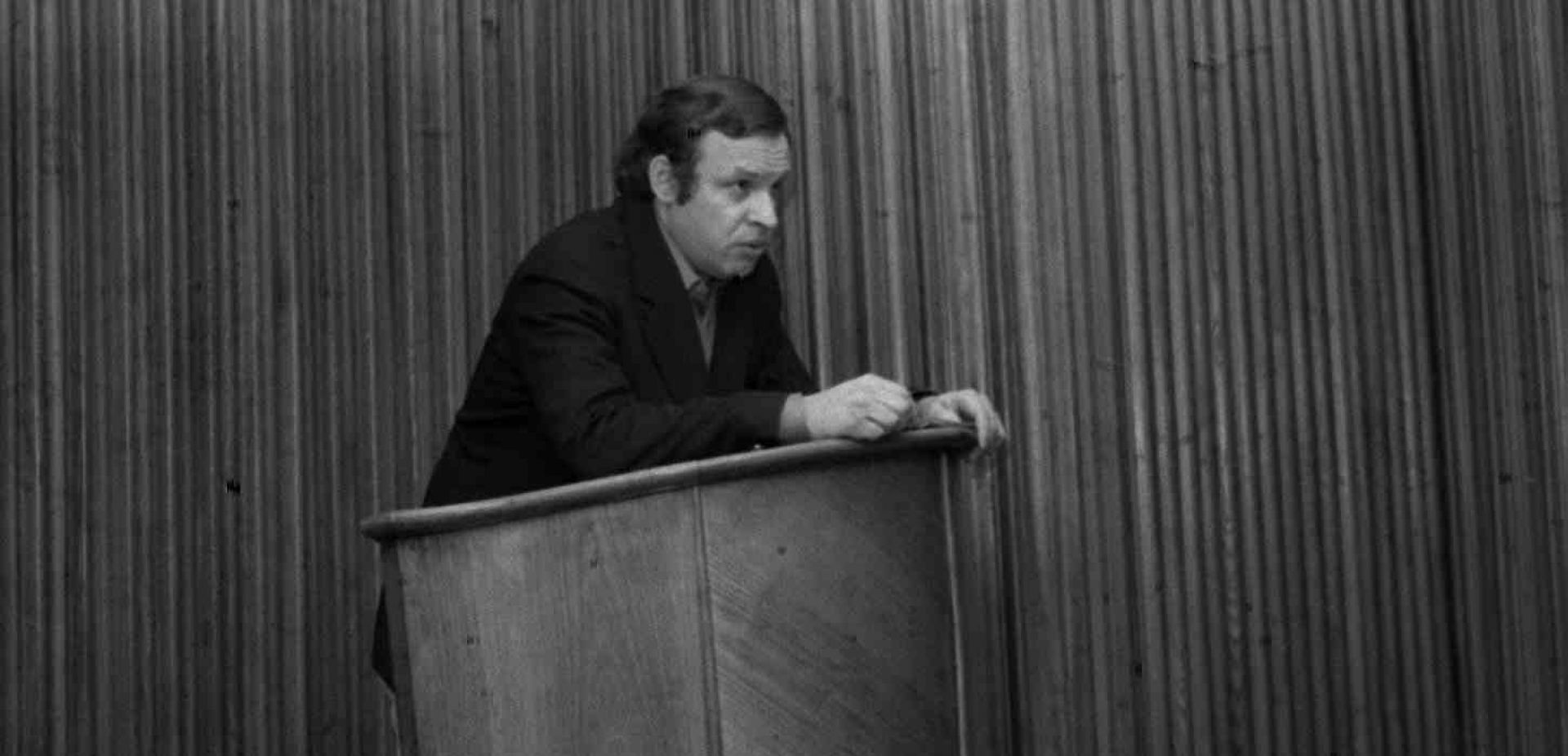
 SIGN UP TO OUR PAGE
SIGN UP TO OUR PAGE
 "I first became familiar with Krzysztof's football columns. I regularly read the weekly magazine 'Piłka Nożna'. I was, like Mętrak, a football nut," says Wacław Holewiński, prose writer, literary critic, publisher, democratic opposition activist in the People's Republic of Poland, and privately a friend of Krzysztof Mętrak.
"I first became familiar with Krzysztof's football columns. I regularly read the weekly magazine 'Piłka Nożna'. I was, like Mętrak, a football nut," says Wacław Holewiński, prose writer, literary critic, publisher, democratic opposition activist in the People's Republic of Poland, and privately a friend of Krzysztof Mętrak.